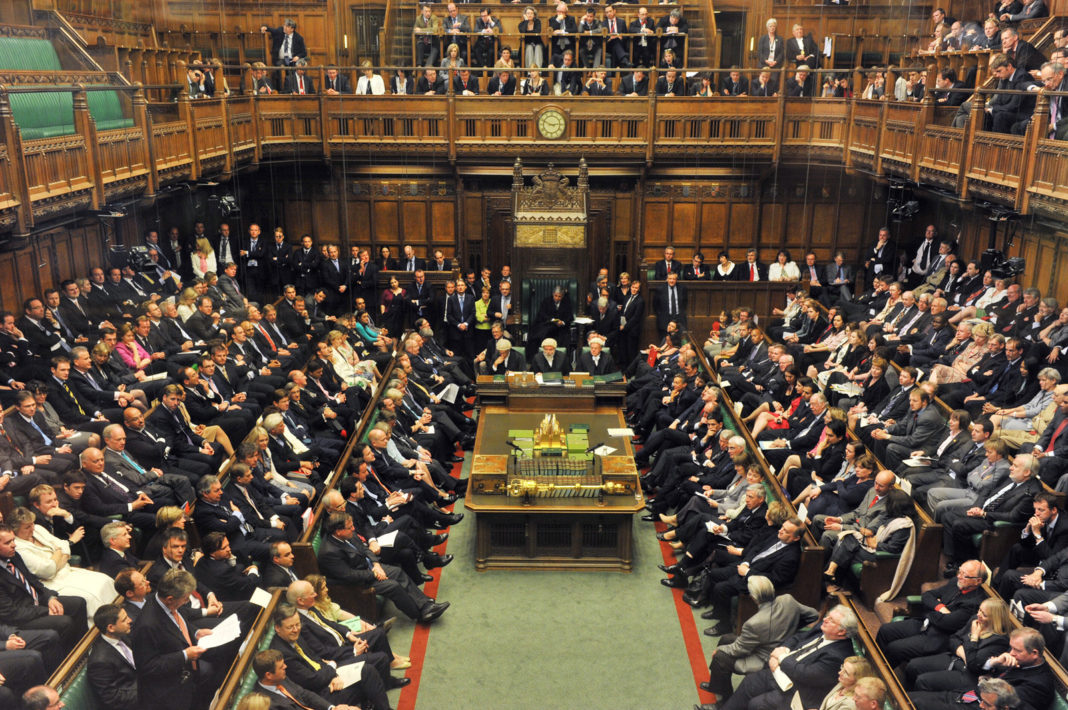Written by Mark Coffin
I’ve got good news and bad news. The bad news is, the political system doesn’t actually need any of us. The good news is, our communities do. And our communities need us to fix the system.
I’ve got good news and bad news.
The bad news is, the political system doesn’t actually need any of us. The good news is, our communities do. And our communities need us to fix the system.
The political system doesn’t need us because it was never designed to need us. The market, on the other hand, was designed in a very different way, in a way that would make it continually reliant on our support.
Disclaimer: I’m going to use market analogies. It’s not because I’m a super-enthusiastic capitalist, or a fan of consumer politics. I use the market as an example because it’s something we’re all familiar with.
The political scientist, Miriam Smith, wrote that “It is … not surprising that young people do not vote when they have been raised on a steady diet of political discourse that identifies governments as the problem and markets as the solution.”
Got a problem? Here’s a product.
The messaging we’ve been receiving through advertising our whole life is that we need the market to get by. But the market needs us more than we need it.
In the market there’s a term called consumer confidence – it’s a measure of how the average person thinks the economy is doing. When we think the economy is doing well, we spend more money and the people who sell things – shoemakers, manufacturers, homebuilders – all do better off. When consumer confidence is low, we hold on to our money because we’re not sure when we’re going to get more of it. For the most part, everybody who sells things suffers.
When everybody who sells things suffers, there is a collective interest among them in restoring consumer confidence. We are the consumers, and the market absolutely needs us to survive.
In politics, we measure confidence too, and pollsters often ask citizens like you and me about how much confidence we have in the legislature. Some people, and I’m one of them, also look at measures like voter turnout as a measure of confidence in the democratic process. If someone has confidence in the process, they’ll invest their time in it. If not, they won’t. The trend on all counts of confidence has been more or less downward since our grandparents came home from world-war two.
Confidence and trust in legislatures has been declining, but the political marketplace continues to thrive without it. There is no collective suffering among the politicians within the system, and no collective desire to alleviate that suffering . It doesn’t make a difference if 20 million people vote, or if two million people vote – If you’re a politician who wants to win, the only thing that matters is the percentage of voters that vote for you.
The political marketplace thrives because politicians don’t rely on things like voter turnout in order to be successful. The total market can be much smaller than it is now and the business of government will still move forward. As long as some people are still buying, politicians will still get elected. Governments will still collect taxes, and budgets will still get approved. And so will new pieces of legislation.
But it’s a bit like a frog in a pot of boiling water.
In the last couple of decades the system has collectively, and I would argue inadvertently and unintentionally learned that it can turn up the heat. That’s how systemic problems work – it’s not any one person’s fault. I’m worried that by the time we have collectively realized that the problem is the system, not the citizens, the pot will be boiling.
The declining engagement of young people in politics says less about young people than it does about the system. And if nothing changes, I would predict that the only logical thing we should expect is for confidence in parliament, and our governments, and voter turnout to continue to decline.
And if we want that to change we need to build a better system.





